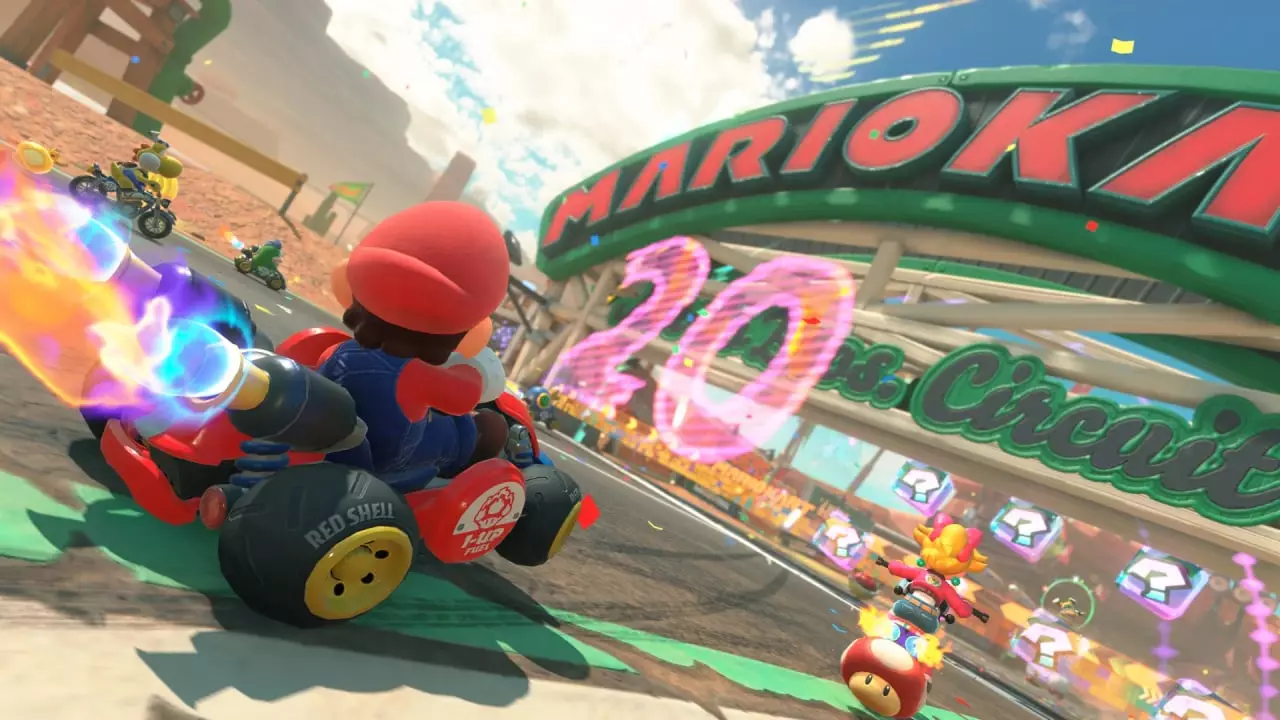The gaming industry thrives on inclusivity, and few franchises embody this principle as effectively as Mario Kart. With Nintendo gearing up to position “Mario Kart World” as a lead title for the Switch 2, the decision has sparked diverse reactions across fan communities. According to Nate Bihldorff from Nintendo of America, this choice stems from the game’s inherent accessibility and broad appeal. Designed to engage gamers of all ages and skill levels, Mario Kart World breaks down barriers that often complicate entry into more complex titles.
This emphasis on accessibility is not just a marketing strategy; it’s a calculated move to ensure that players, old and new, feel welcomed. The skill ceiling is high yet the gameplay is approachable, allowing for casual play while still offering depth for competitive racers. This approach helps foster a sense of belonging within the gaming community, making Mario Kart World not merely a game, but a social event that can bring together family and friends.
Sales and Impact of Mario Kart 8 Deluxe
Mario Kart 8 Deluxe continues to be a powerhouse in terms of sales, with over 68 million units sold since its launch. Such impressive figures serve as a strong indicator of the franchise’s enduring popularity. Nintendo’s assertion that there’s a significant appetite for racing games is backed by this success. Beyond just numbers, the ongoing enjoyment and engagement demonstrated by players play a vital role in shaping Nintendo’s strategic decisions regarding its future titles.
This phenomenal sales record highlights both the gaming community’s love for Mario Kart and its capability to evolve with the times. As a franchise, Mario Kart has adapted gamely to changing tech landscapes, and this resilience points to its potential effectiveness as a flagship title on the Switch 2. The strong sales translate into confidence that Nintendo can successfully leverage the franchise’s established fanbase while simultaneously attracting newcomers.
Navigating Controversies and Pricing Strategies
However, the decision to price Mario Kart World at $80 has elicited significant debate among consumers, prompting discussions about value versus expectation. While some may view this price point as justified given the franchise’s pedigree and anticipated enhancements, others may voice concerns about affordability, particularly in a competitive market flushed with alternatives.
Balancing innovation with consumer demand is a tightrope that Nintendo must walk carefully. If Nintendo can ensure that the game delivers on its promises of innovative features and captivating gameplay, the price may soon be justified in the eyes of consumers. Yet, if the launch falls flat or fails to meet the heightened expectations set by its predecessor, it could lead to disillusionment.
Launching Mario Kart World as the central title for the Switch 2 undoubtedly sets the stage for a bold moment in gaming history. The expectations are sky-high, and many are eager to see if Nintendo can once again deliver a defining experience that solidifies its legacy. With its vibrant graphics, accessible gameplay, and rich multiplayer options, Mario Kart World is primed to be more than just another entry in the series; it’s about to become a cultural phenomenon once again. Gamers everywhere will be holding their breath as they anticipate a new chapter in a beloved franchise.

